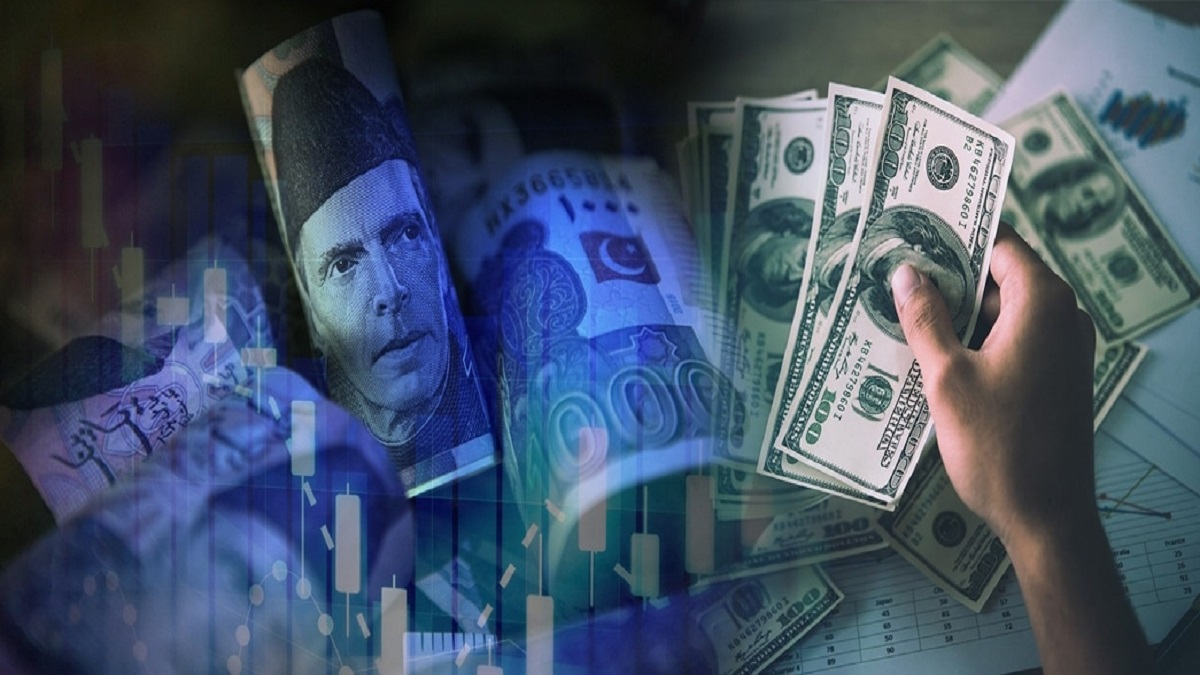The Pakistani Rupee suffered a historical plunge on Tuesday, hitting an all-time low of Rs308 to the US dollar in the open market, reflecting a 1% depreciation or Rs3 lower than the preceding day’s closure, as per data from the Exchange Companies Association of Pakistan.
The revelation of this decline further exposes an unprecedented gap of Rs21 per dollar between the open and inter-bank market rates. Notably, just a few months prior, this disparity had remained within the Rs1-3 range. Reports from the central bank confirmed that in inter-bank transactions, the Pakistani Rupee continued to slide for the fifth straight business day, registering a 0.21% fall, or Rs0.59, setting a 12-day record low of Rs287.15 against the US dollar.
Indications from the market suggest an escalating pressure on the rupee, primarily attributed to a growing mismatch between the demand for and supply of the US dollar in the currency exchange sector.
The ongoing economic challenges are further exacerbated by the significant depletion of Pakistan’s foreign exchange reserves, which have dwindled to a dangerously low point of $4.3 billion. Comparatively, a significant amount of foreign currency is required for debt servicing and to cover the costs of imports.
By the end of June 2023, Pakistan is obligated to service $3.7 billion of its foreign debt. In addition, to facilitate the uninterrupted import of essential goods, it needs an additional $3.7 billion each month.
Read More: Pakistan’s Government Prepares for Massive Fiscal Expansion with a Rs14.6 Trillion Budget
Informants among the open-market currency dealers disclose that commercial banks have resorted to acquiring dollars from the kerb market to meet the international credit card payments of their customers.
Furthermore, increased purchases of the Saudi riyal and US dollar are being driven by individuals seeking to cover costs associated with Hajj and Umrah pilgrimages. Economic experts emphasize the necessity for the government to successfully negotiate a resumption of the International Monetary Fund’s (IMF) $6.7 billion loan programme and secure new financing from allied nations. These actions would be instrumental in reducing the potential risk of a default on its external debt commitments.
A recommencement of the IMF’s loan programme could play a pivotal role not only in averting an impending default risk, but also in attracting funds from other global lenders and supportive countries. Such fresh influx of capital could replenish the country’s foreign exchange reserves, thereby aiding the revival of its partially shuttered economy.



























